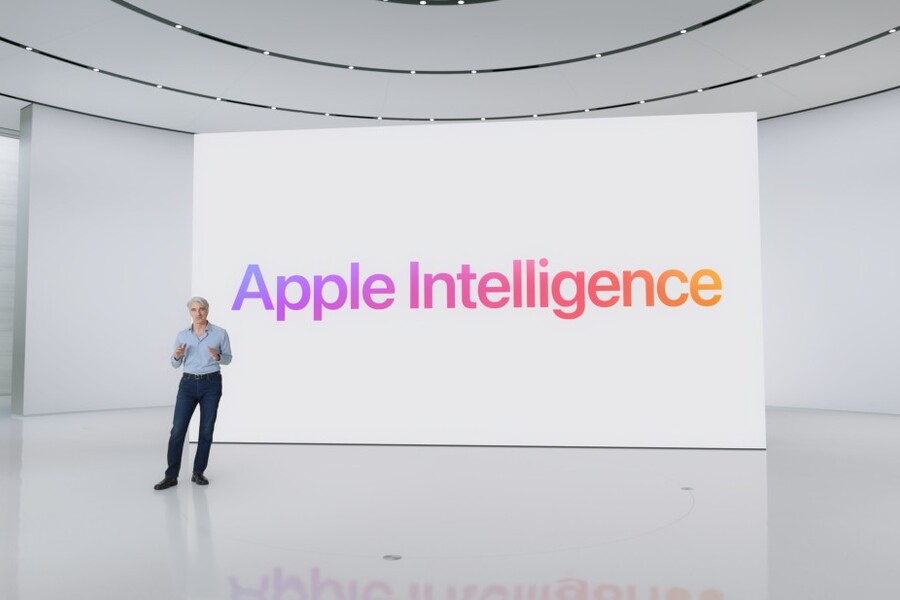With the world of generative AI in full swing, Apple has introduced its take on intelligent tech with the launch of Apple Intelligence. Unveiled during the WWDC 2024 and elaborated at the iPhone 16 event in September, this new platform integrates advanced AI-driven tools across Apple’s ecosystem. While initially overshadowed by competitors’ announcements, Apple has spent years crafting a refined and practical approach to AI, focusing on seamless integration within existing features rather than a standalone system.
Apple Intelligence will first make its appearance in iOS 18.1, iPadOS 18.1, and macOS Sequoia 15.1, set for release at the end of October. This initial rollout includes writing and image tools, enhanced Siri capabilities, and content-specific features in apps like Mail, Messages, and Photos. In a phased approach, a second wave of features will follow in iOS 18.2, including advanced generative AI tools like Genmojis, Image Playground, and direct ChatGPT integration, all intended to enhance usability while maintaining Apple’s hallmark focus on privacy and user control.
Apple Intelligence isn’t just another AI model; it’s a highly personalized tool built to enhance daily tasks across the Apple ecosystem. The AI-powered Writing Tools feature is at the heart of this, enabling tasks like summarizing emails, proofreading messages, and even generating responses based on prompts. In addition, custom emojis—known as Genmojis—and an image-editing app called Image Playground showcase Apple’s creativity in image generation. The AI system’s natural integration with Siri promises to be transformative as well, enhancing Siri’s functionality across apps with contextual awareness and a new visual interface.
In a distinctive move, Apple has made its AI functionality dependent on device compatibility rather than a paywall. All iPhone 16 models and select previous devices—those with M1 and newer processors—will support Apple Intelligence. The Pro models of the iPhone 15 will also have limited access, while standard iPhone 15 models lack the necessary hardware for the full experience.
Apple has set a controlled rollout for its AI features, launching first in U.S. English before expanding to additional English dialects in December. In 2025, Apple Intelligence will reach a global audience with support for languages like Chinese, French, German, Japanese, and more. However, regulatory issues mean that users in the EU and China may face limitations on Apple Intelligence features until regional compliance is achieved.
To bridge any limitations, Apple is working with OpenAI’s ChatGPT. The collaboration enables Siri to tap into ChatGPT’s extensive knowledge base, with specific user prompts triggering AI responses. Users with paid ChatGPT accounts will access premium features, making it a flexible option for in-depth queries. This partnership supplements Apple Intelligence’s unique, small-model approach, which is focused on performing everyday tasks efficiently and privately on Apple devices.
Apple Intelligence marks a major step forward for Apple, positioning it in the AI arena with a user-centric, privacy-first approach that could redefine how people interact with devices. By merging sophisticated AI features with Apple’s ecosystem, Apple Intelligence promises to be a seamless, highly personalized addition for those ready to embrace the future of tech.







